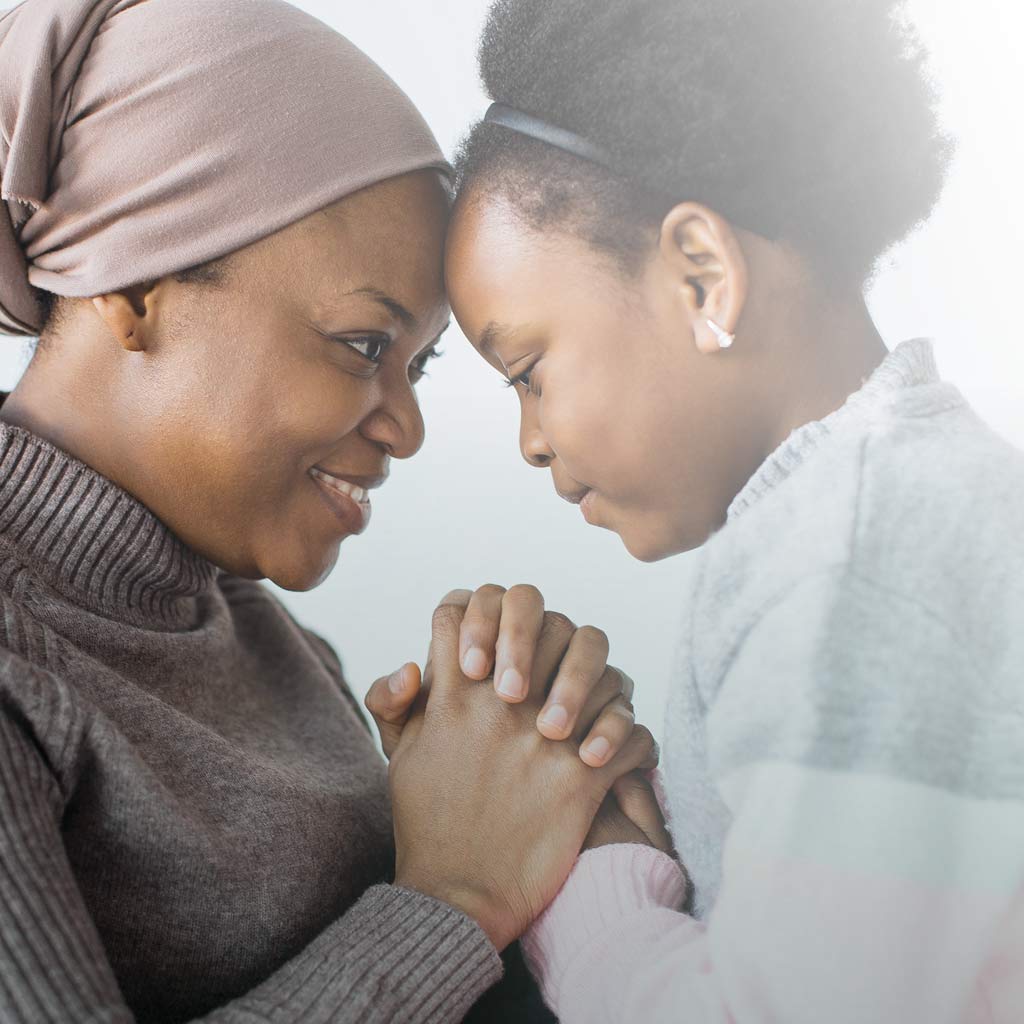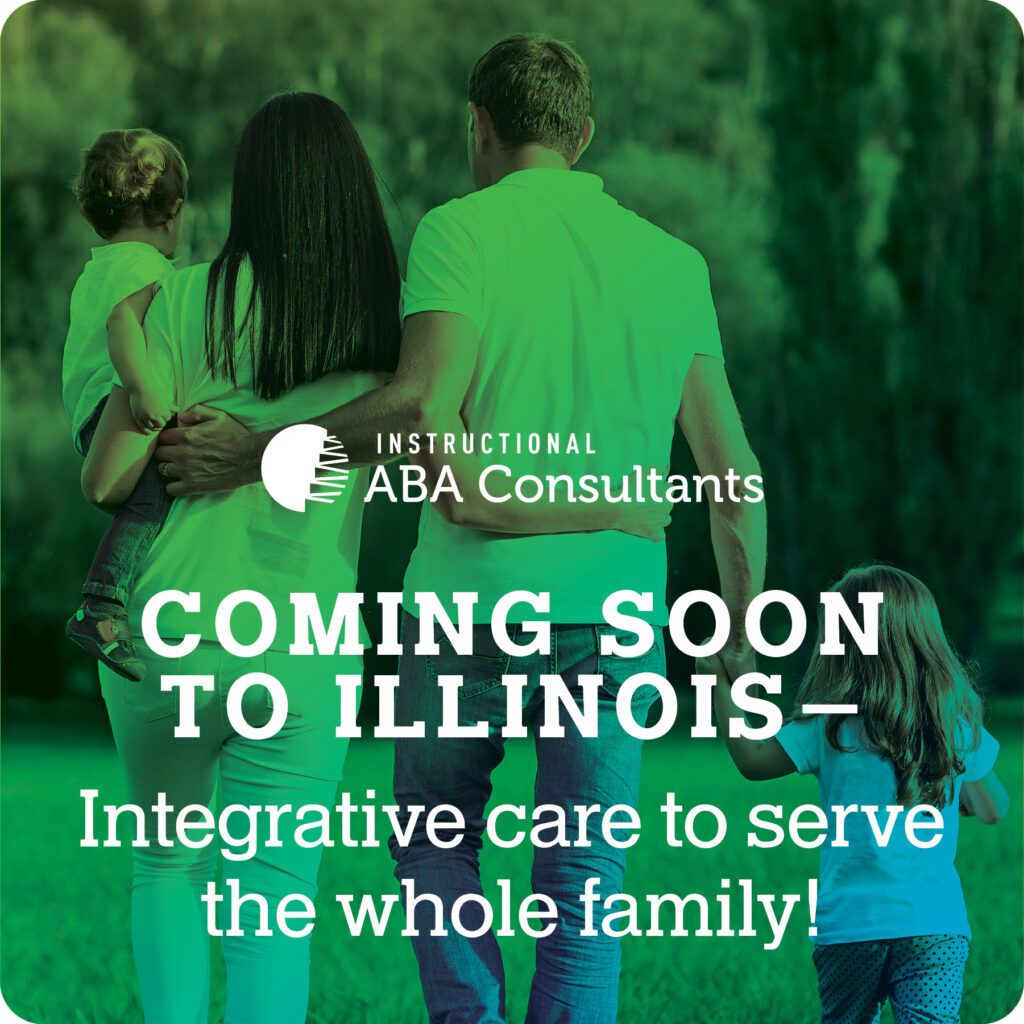Sometime in September, I was introduced to the best-selling author Dr. Becky who recently authored the book “Good Inside.” I am trying to remember if it was on a podcast from one of my soul teachers or if it was from a friend as I complained for the millionth time about a tantrum. I honestly don’t know. It wasn’t the tantrum itself (OK sometimes it’s the tantrum itself), but it was the fact I didn’t feel I was in alignment with my own peace at the time. Last week I wrote to you about honoring your peace yet I was struggling with my own peace when my sons became dysregulated as all children do.
Of course, there are moments when I yell, when I mess up, and wish that I could have done something differently. All parents do. However, it wasn’t that I felt out of control around my children or that I was harming them in any way that made me feel out of my peace. I simply felt that there was a better way to navigate their big feelings without constantly leaning on discipline. I couldn’t find my peace in the thought, “I should be in control of my children” or “my children need to be good.” Each and every timer I set for a time-out didn’t feel like growth for them or parenting. It felt miserable. Enter Dr. Becky and her brilliant work.
Everyone Is Good Inside
In her work, Dr. Becky has one core belief she shares with her readers, “everyone is good inside.” This concept on paper felt validating of my own belief and it also triggered a lot of fears. You see holding the belief that everyone is good inside left me in relationships, extended family, and social groups well past their expiration date. Up until my early thirties (I’m 35 now…a newbie) I gave pretty much everyone a free pass while holding this belief. In creating the boundaries that have led to regaining my peace I created a new boundary to stay away from people behaving in harmful ways. Reopening this boundary felt like a hard no for me. Nope. Not doing it. But, when I look at my darling son’s faces, I know in my soul that Dr. Becky is right. We are all good inside.
Lucky for me, Dr. Becky doesn’t stop at the belief that we’re all good inside. She builds on it and teaches us how to create boundaries for our children. This felt like a relief because while it doesn’t address the boundaries I’ve built in my own life, it validated the need to uphold safety at all times. As I dove into her work and began practicing it at home a wave of peace came over me.
Dr. Becky teaches that when young children are throwing fits, having tantrums, or saying unkind words, it boils down to the fact that they are dysregulated. Not that they are disobedient, disrespectful, or bad little kids; they are good humans having a hard time. She then goes on to talk about the importance of being a sturdy leader for your children as they are dysregulated which means keeping their bodies safe. Contain the fire! Tell your children that they are allowed to feel their feelings, to disagree with you, to rage… but it is your responsibility to keep them safe.
Narrating Your Child’s Big Emotions
When the waves of dysregulation slow and my sons are able to calm down I have always talked about emotions to give language to their experience. Dr. Becky also validates this practice and writes about the importance of narrating to children their experiences after their big emotions have settled. This tiny step is the foundation of teaching children to keep their peace and that their big emotions do not define them. Instead, their big emotions are simply part of being human and they need help learning how to express them. I believe that this tiny step builds shame resilience, which in our home is a core family value as we follow the teachings of Dr. Brene Brown.
It has been about two months since I picked up “Good Inside,” and began shifting my own practices as a parent moment by dysregulated moment. I replaced time out with a “do it differently spot,” where we sit and breathe through the waves of big emotions. I began narrating what happened before the boys fell into a fit. Narrating, “you really wanted a waffle, and mommy gave you a cinnamon roll, that was tricky.” I also narrate when I am having a hard time so they do not assume any responsibility for my own stress and develop codependency. “The Pumpkin Show was loud, you wanted toys from the games we couldn’t win, and got stuck in the funhouse. Mommy was having a hard time too.” After the waves of emotions settle for all of us we settle down and I repeat, “wow, that was hard, how can we do it differently next time?”
I am not going to lie to you. You might think as you read this as you enter my house you will inhale lavender, soft music will be playing in the background, and we will all be calmly navigating our emotions while honoring our peace. Some days it is quiet here, but we are after all human, and big emotions are well known in the walls of our farm. This past Sunday by 9 am my children had broken each other’s block house, changed into two different costumes, had a do-it-different moment for hitting, requested face paint, played Candy Land, the dog got out in the back pasture, and tears flowed readily. I was short on patience and could feel myself getting snappy. At that moment I asked myself, “what are you choosing above your peace?” It was the age-old narrative that parents should be able to control their children. No thank you, not interested. I want to raise good humans who can make choices that are right for themselves and their world.
At 9:05 I called a family time out, asked Henry to pick 10 good books, and we piled into my bed to read. “Wow, that was a lot, we’ll feel better if we can sit down and do it differently.” Book after book, kiss after kiss, we settled back into our peace. I am sure later in the day someone cried. Tree climbing and being stuck is a common theme around here. But, we held our peace after having a hard time.
Dr. Becky was the reminder I needed that when children are having big emotions it’s not a problem. The problem is missing skills and the need for boundaries. It’s Applied Behavior Analysis paired with emotional regulation. The combination at least in our home is the foundation for raising good humans in a way that brings me back to my peace, moment after parenting moment.
Xoxo,
Jessie Cooper


